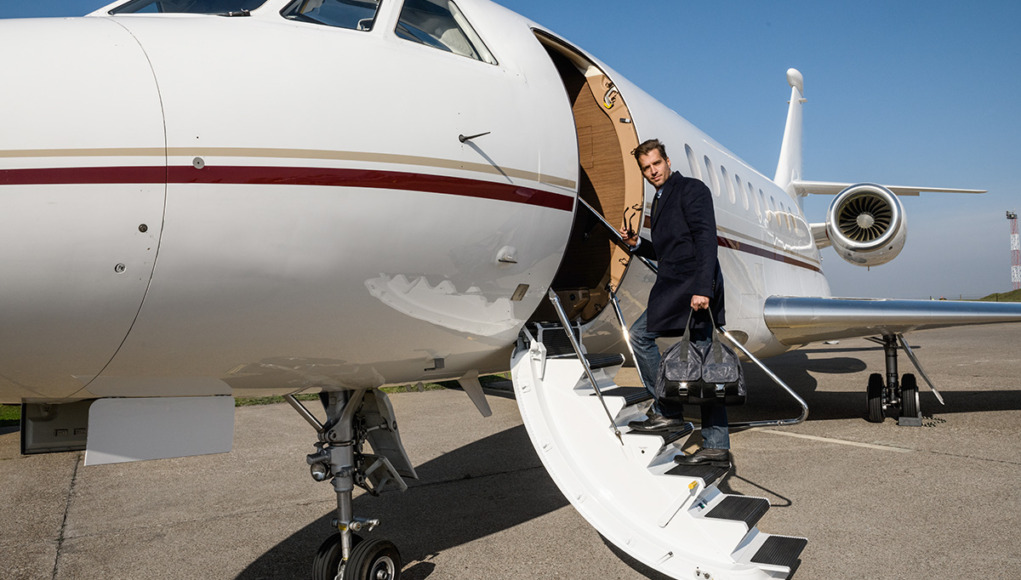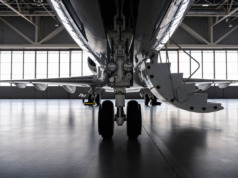When your aircraft is down for maintenance or you have executives traveling in different directions at the same time, you may have need for supplemental lift. While legality checks, Safety Management Systems (SMS), third-party audits, and data sharing are all key indicators of an operator’s embrace of safety best practices, here are ten specific questions that you or your flight manager should ask before you step aboard someone else’s airplane. Then review and update their answers quarterly, to help ensure your continued safety:
1 Is the carrier legally certified, adequately and properly insured, the crew qualified, and the aircraft’s maintenance up-to-date?
2 What is the carrier’s third-party audit status? Industry benchmark standards are Wyvern Wingman, ARGUS Platinum/Platinum Elite, Air Charter Safety Foundation (ACSF), and the International Standard for Business Aircraft Operations (IS-BAO) Stage 3. In-person and recurring audited approvals from mega-operators such as NetJets, FlexJet, Jet Aviation, or Wheels Up also qualify. If an operator has none, be wary and ask why.
3Does the carrier promote a “just culture?” Pilots and maintenance professionals are human and make mistakes. If errors are not the product of gross negligence, intentional acts, or recurring behavior, a “just culture” enables operators to avoid terminations in favor of retraining and other corrective actions for self-reporting employees. Non-punitive, inclusive, and well-communicated safety programs enhance safety.
4How is the company responding to the growing pilot shortage? Most are experiencing high turnover as pilots seek other opportunities including airline jobs with predictable schedules, higher pay, and bigger aircraft. Have hiring standards been reduced? Are initiatives in place to retain existing crewmembers? Who participates in the hiring process? This effort should not be limited to flight operations management and human resources.
5Is the Director of Safety a dedicated full-time position? Is that individual properly trained? They should report directly to senior leadership, NOT to middle managers whom they are charged with overseeing. The Director of Safety is a check and balance on decision-making in other areas of the company; so access to senior leaders is essential.
6Will the company refuse requests that may be legal but not prudent – like flying fully-occupied heavy jets without a cabin attendant, or complex helicopters with only a single pilot? Avoid air carriers unwilling say “no” to aircraft owners or charter customers.
7Ask how flight crews are insulated from undue pressure from salespeople or customers. Inducements such as tips or bonuses, or threats such as demotions, docking pay, withholding upgrades, and other tactics may pose safety threats. Pilots typically are mission-oriented professionals who want to get the job done and may have reasonable grounds to question a trip. Shielding them from such external pressures helps assure your safety.
8Is the maintenance department protected from those same pressures? Are maintenance issues addressed promptly or repeatedly deferred? Is maintenance properly staffed and are technicians properly trained?
9What is your carrier’s safety and enforcement history? Accidents, incidents, and regulatory actions are not necessarily disqualifying, but your operator should explain why an event occurred, what they learned, and what actions have been taken to prevent a recurrence.
10What is the state of your provider’s financial health? If in doubt, request a D&B report. A robust safety program can be expensive; the cost of delaying or canceling flights due to safety concerns, hiring qualified pilots and maintenance personnel, and skyrocketing fuel and insurance costs are just some of the current factors adding pressure to charter operators’ bottom lines. An operator who tries to save money by cutting corners, is likely to be cutting safety margins.
More than a certificate on a wall, a manual on a shelf, or an audit result, safety is about a carrier’s culture, and how they operate when nobody is looking. Beware and be wary. BAA
David Rimmer, CEO, AB Aviation Group, is an NBAA Certified Aviation Manager. A discreet and trusted adviser to aircraft owners, charter brokers and charter clients, he is a former ACSF Board Member and NATA Air Charter Committee Chairman.






